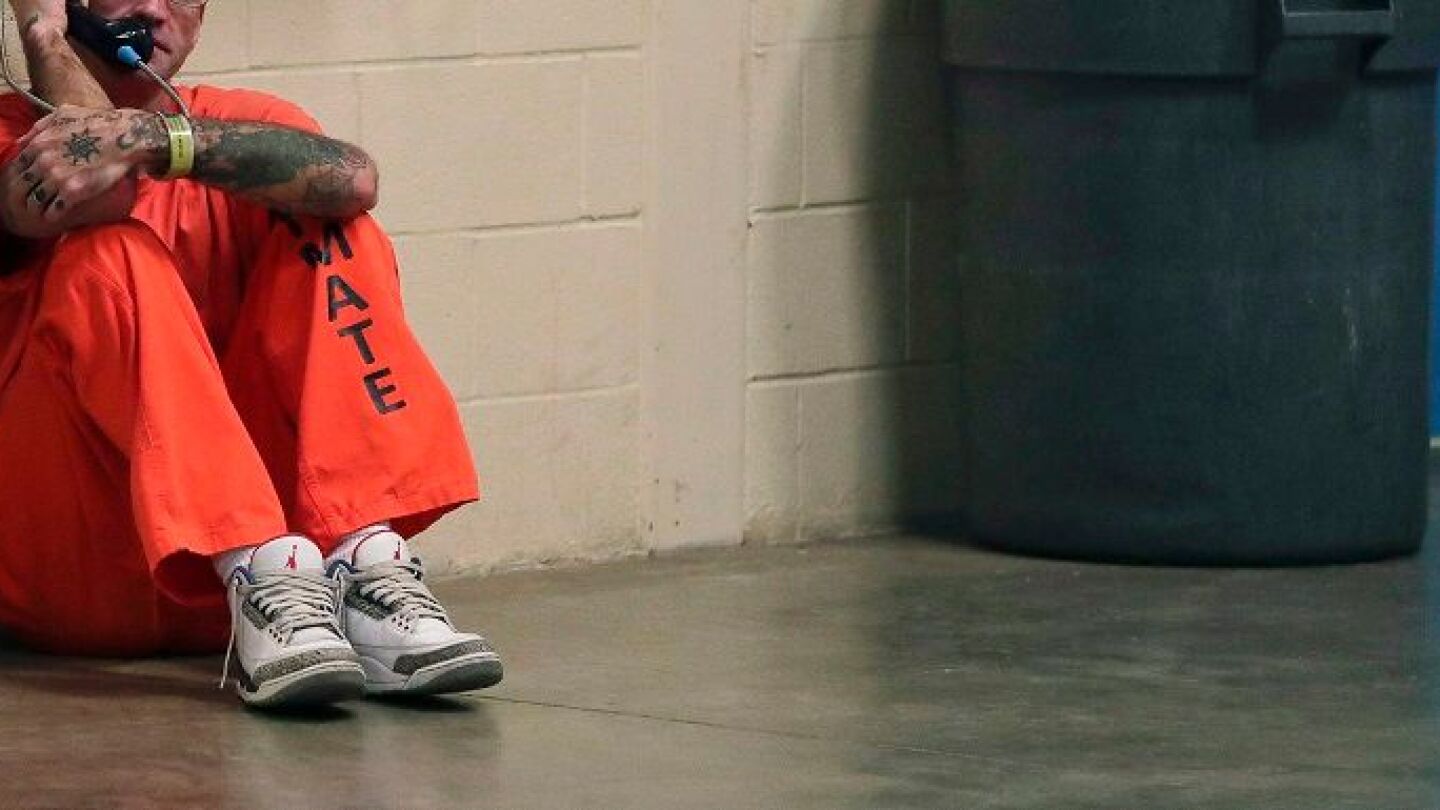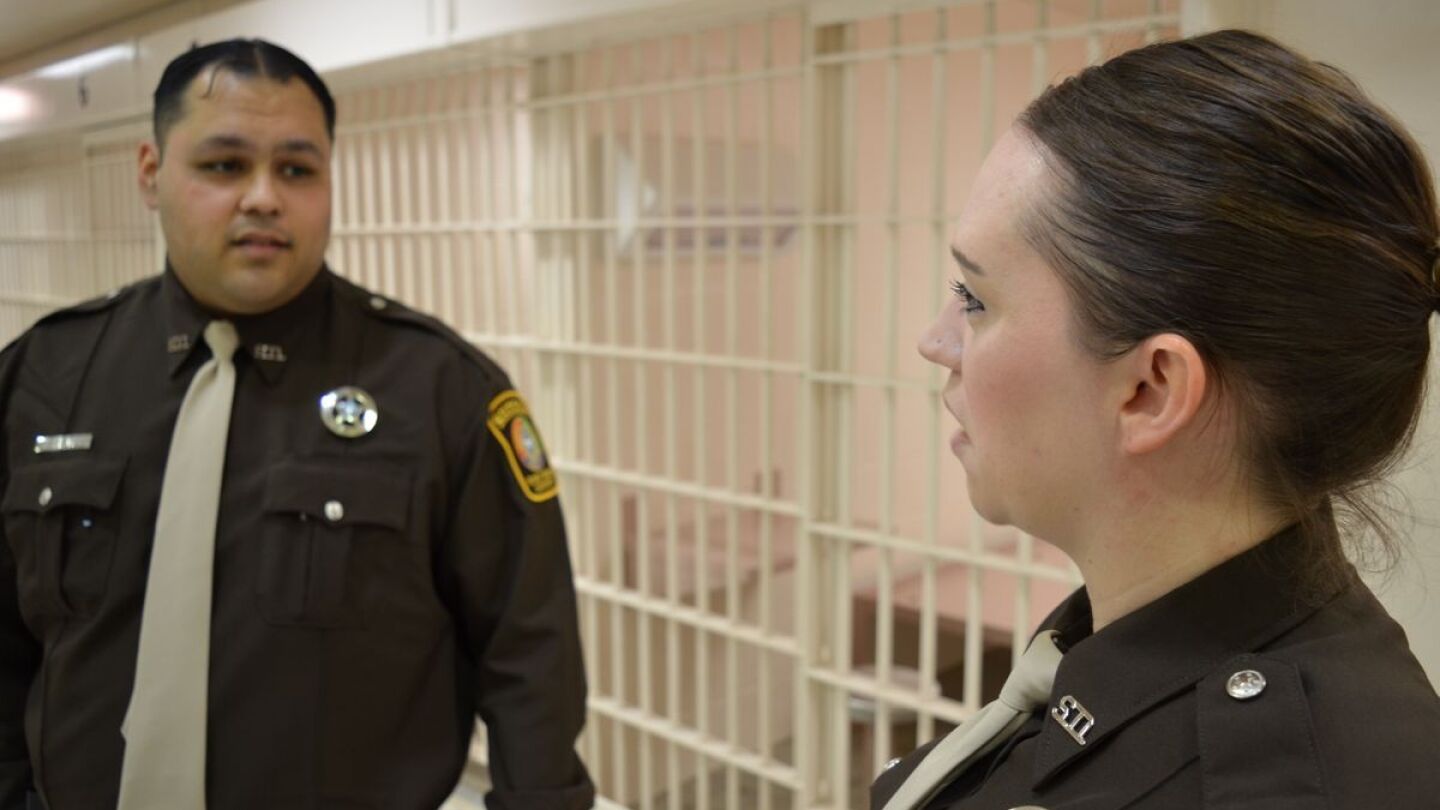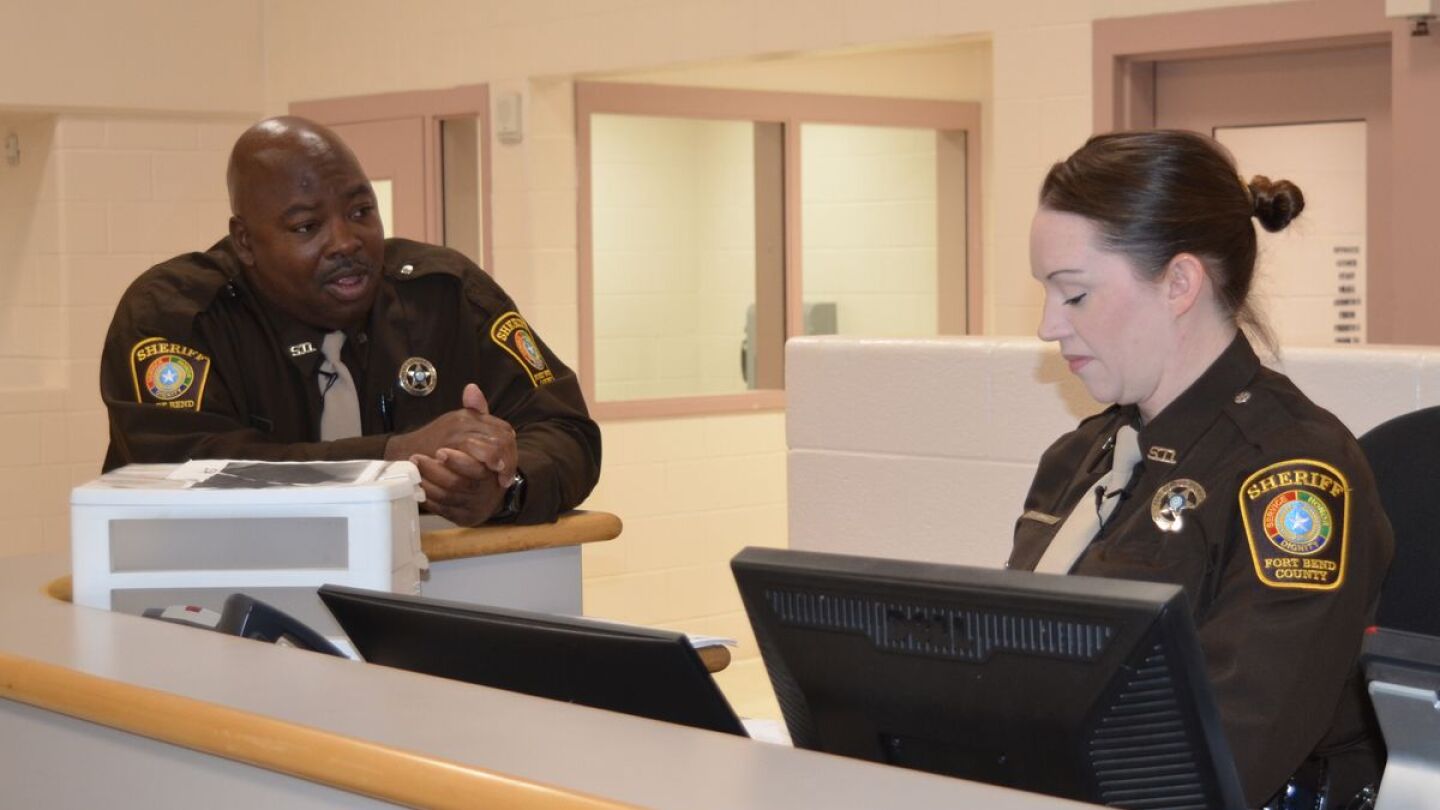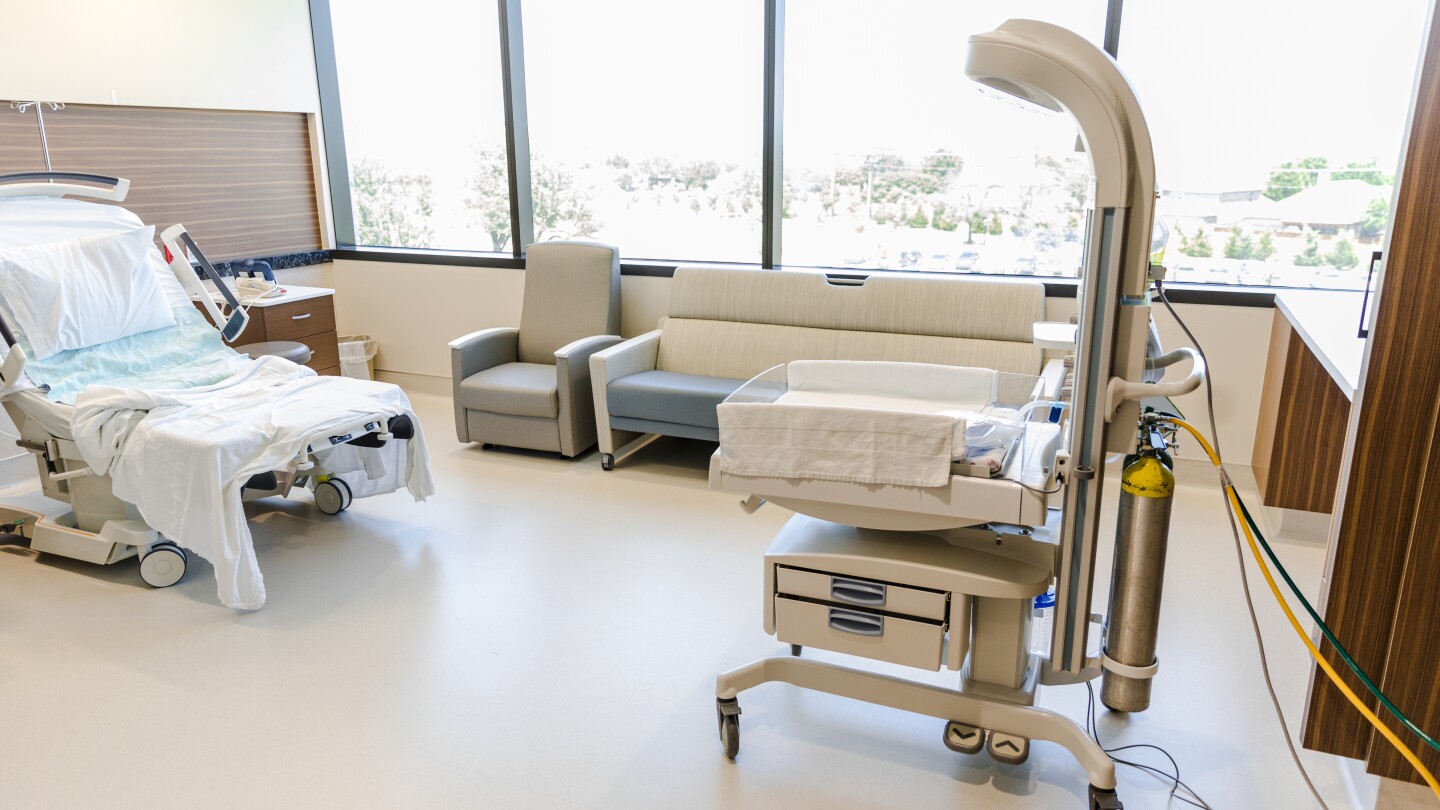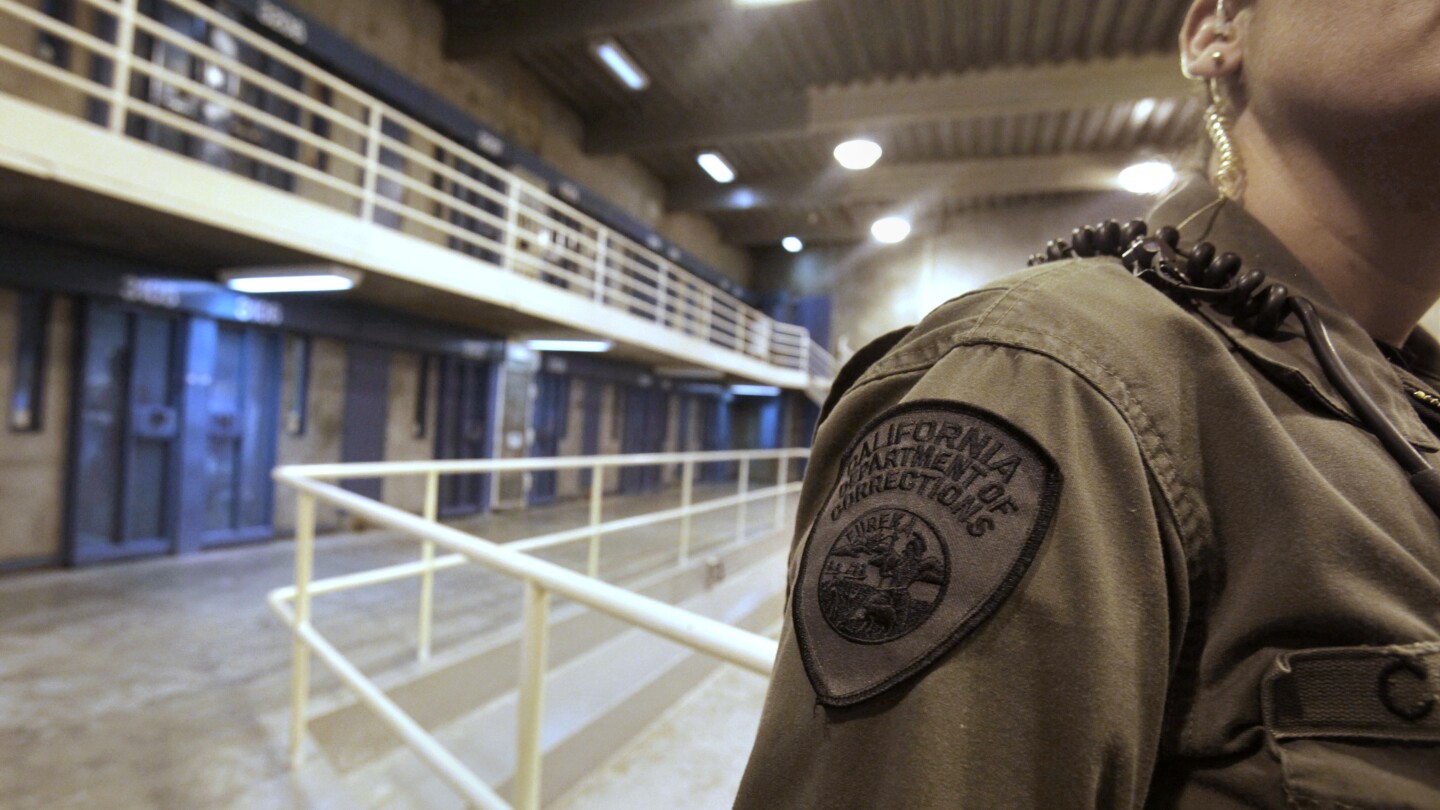Corrections Training
Corrections training is essential for equipping staff with the skills and knowledge to manage inmates effectively and maintain facility security. This directory offers articles on various training programs, techniques, and best practices within the correctional system. Proper corrections training ensures that officers are prepared to handle the challenges of their roles, promoting safety and professionalism. Explore our section on additional career development resources.
What will you do when you see misconduct by a peer or supervisor?
Why balancing empathy and enforcement is central to safety, professionalism and effective corrections work
The Calhoun County Sheriff’s Office is using NIJO’s legal-based training to enhance safety, compliance and job satisfaction
Too many officers are letting inmates take the lead — literally. Here’s how we lost control, and how to fix it before someone gets hurt
Learn what a sovereign citizen is, how they use fake license plates, whether they can be arrested and how U.S. courts view their legal defense
The duty to intervene in an excessive force situation is your legal and moral responsibility
Staff training on manipulation and improper relationships is key and must be constant and clear for all sworn and non-sworn staff
With a use-of-force module and individual enrollment options launching, correctional leaders and staff now have more ways to build intervention skills and support a culture of accountability
With turnover rates soaring and lawsuits looming, continuous training offers a cost-effective path to retention, morale and safer correctional facilities
These are the skills high-performing employees use every day to make them stand apart from others
CPR training can prepare anyone to render lifesaving care
North Carolina’s NCDAC is enhancing officer safety with VirTra’s advanced simulation tools focused on communication, de-escalation and non-lethal force tactics
Our picks for public safety readers for inspiration, health, healing, leadership and escape
Keep in mind that your communications can end up in many places, including internal affairs, employee evaluations, the superintendent’s desk and a court of law.
Here’s how the derogatory term “chumps” can be turned into a valuable learning tool in corrections
A violent attack, a punctured lung and a life-changing ordeal — this officer’s story is a wake-up call for safety reforms in corrections
Motivated instructors are the backbone of effective training in criminal justice, but internal criticism — or “professional hate” — can undermine their efforts and the profession’s growth
Correctional personnel face a unique challenge — supporting inmates without crossing professional boundaries. Here’s how to do it right
The Academy for Excellence in Corrections is designed to accommodate up to 144 trainees as they learn, practice and prepare for their career in an authentic environment
“Officers Barbosa Jr., Stanislaus and McQueen are shining examples of what it means to be a DOC hero,” the NYCDOC commissioner said, adding their training averted a tragedy
Do these books make a good argument for prison reform?
This review of the assault of officers at a maximum-security facility in Massachusetts offers vital lessons for preventing future attacks on correctional officers by inmates
Learn how inmate privacy violations, as officers observed an inmate’s naked body during childbirth, led to a lawsuit in Brown v. Dickey
You can never have too much insight; check out these six must-read corrections books
This program helped several facilities make a dramatic change
Preparing for the future is an ongoing process that begins the first day on the job
Leadership workshops are designed to provide the necessary theory and practical training for those wanting to develop into better leaders
Jail suicide prevention training, teaching officers to recognize and respond to inmates at risk, saves lives through vigilance and care
Cadet Michelle Strube, 46, died during a routine pre-service training at the Robertson Unit Training Center
Stability and accountability are urgently needed to address the deep-rooted issues facing our front-line personnel
Most COs are trained in de-escalation techniques, but sometimes those techniques can seem to disappear when we need them most
The “big eight” take training and practice to master and are reminders of the challenges associated with working in corrections
The initiative addresses the growing mental wellness challenges among correctional staff members amid staffing shortages and budget constraints



